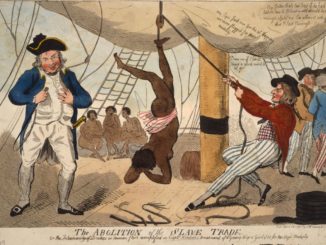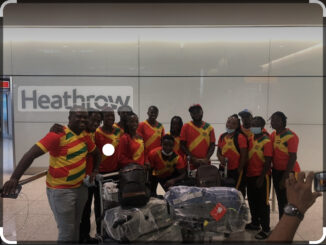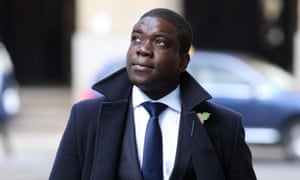
I see Prince Charles has come out against slavery. He was speaking in Ghana the other day and made no bones about his low opinion of the practice. “The appalling atrocity of the slave trade, and the unimaginable suffering it caused, left an indelible stain on the history of our world,” he thundered.
They can take a while, the Windsors, but they get there in the end.
If there were any doubts that the relevance of Charles and his family was fading, the recent visit of his son and daughter-in-law was enough to restore the most nervous monarchist’s confidence.
English traditions are still strong in this country. They are responsible for a lot of who we are and what we do — from our sports to the foreigners we will turn out to gawk at.
There may be some ambivalence in our attitudes, but not enough to prevent us swooning in national ecstasy when the Duchess of Sussex uttered three mangled words of te reo Māori in public,
And good on her for having a go, of course. No one made her. I don’t imagine she is on some sort of te reo bonus system. The countrywide kowtowing over her tēnā koutou katoa did not reflect well on us. It made us look as though we hadn’t come very far at all from the days of Home and the Mother Country.
Meanwhile, however, down at another branch of the British Empire Inc something much more meaningful has occurred. The British High Commission is to employ a te reo Māori teacher and Māori cultural adviser for Commissioner Laura Clarke. Presumably paid for by the British taxpayer.
“I think New Zealand is becoming increasingly bilingual and I actually think you’re not credible now if you don’t make an effort,” Clarke said in The Guardian.
Let it sink in. This is a Pom speaking. And not just any Pom, but the official representative of the Queen herself, that Crown whose representatives were responsible for almost wiping the language from the face of the Earth. The people who tried to beating the language out of the race are now having to play catch up.
It’s quite the turnaround. And it’s cause for some amazement that someone in her position can admit — “not credible now if you don’t make an effort” — what too many Pākehā still refuse to acknowledge.
There is still deep division over whether te reo Māori should be taught or not, compulsorily to not.
Some people dislike the idea of compulsion. Just imagine being forced to participate in another culture against your will. Actually, you don’t have to imagine it. Just ask a Māori what their grandparents told them about how things used to be.
I have a friend whose fluent bilingual mother refused to speak te reo to him when he was growing up because she wanted him to succeed in an English-speaking world. The day when she finally did was one of the happiest of his life.
But the British High Commissioner is right — you can’t be a New Zealander without te reo any more.
There are tiny but telling signs everywhere you look or listen. Yesterday on the radio I heard business commentator Rod Oram — not to my knowledge a militant in the vanguard of tino rangatiratanga — refer unselfconsciously to the mana of a business figure. In some Countdown stores you can make your selection from the kai moana and kai kinaki sections. Why, even minor British royalty can manage the odd phrase.
New Zealand’s conversion to bilingualism is indeed happening, as inexorably as dripping water will wear away pounamu. Let’s just hope it doesn’t take as long.
–
Credit: .nzherald.co.nz




